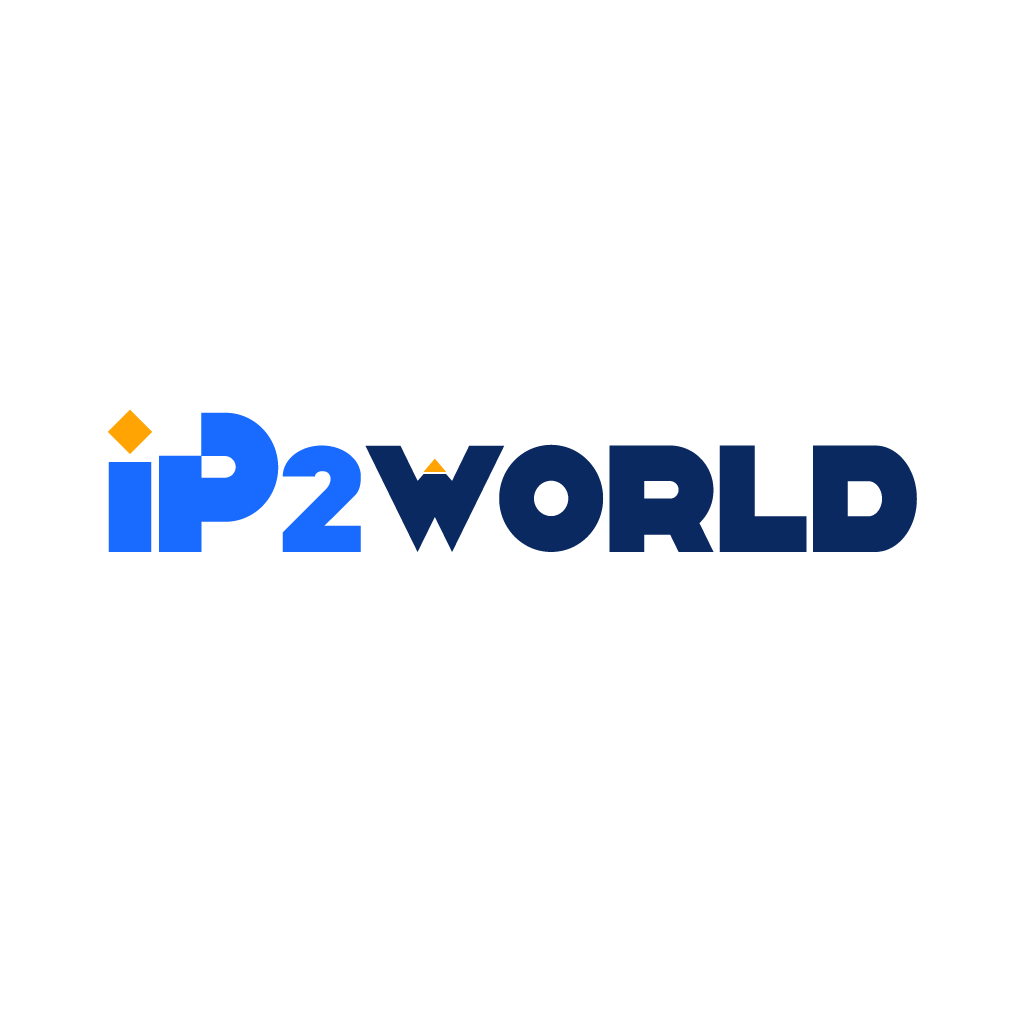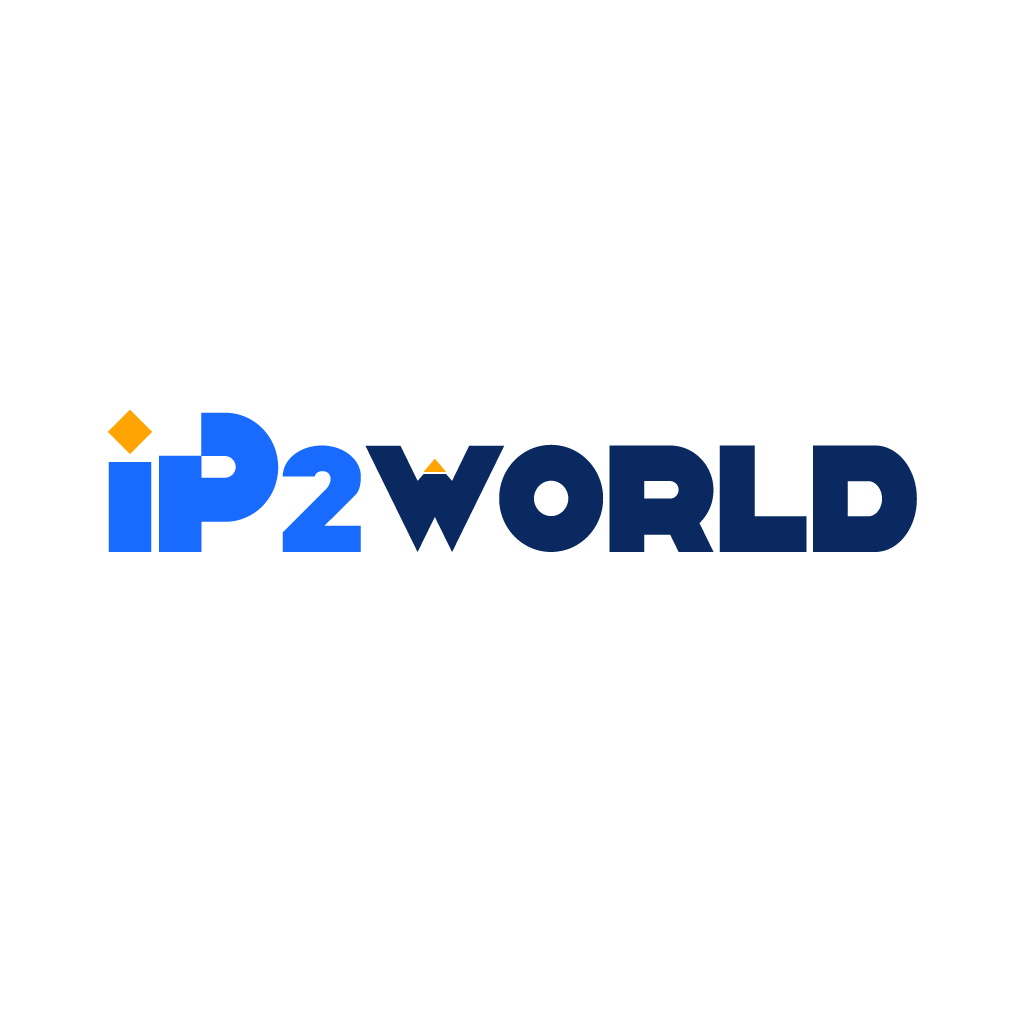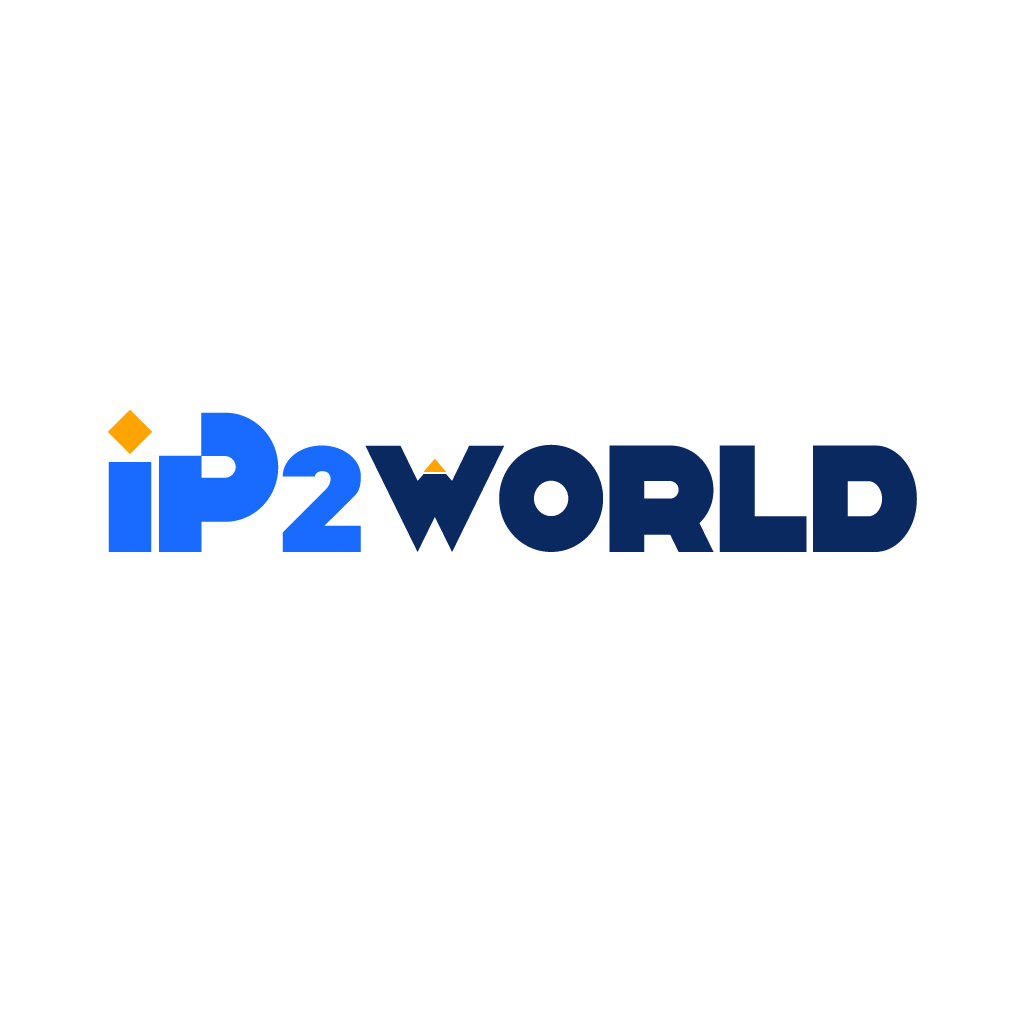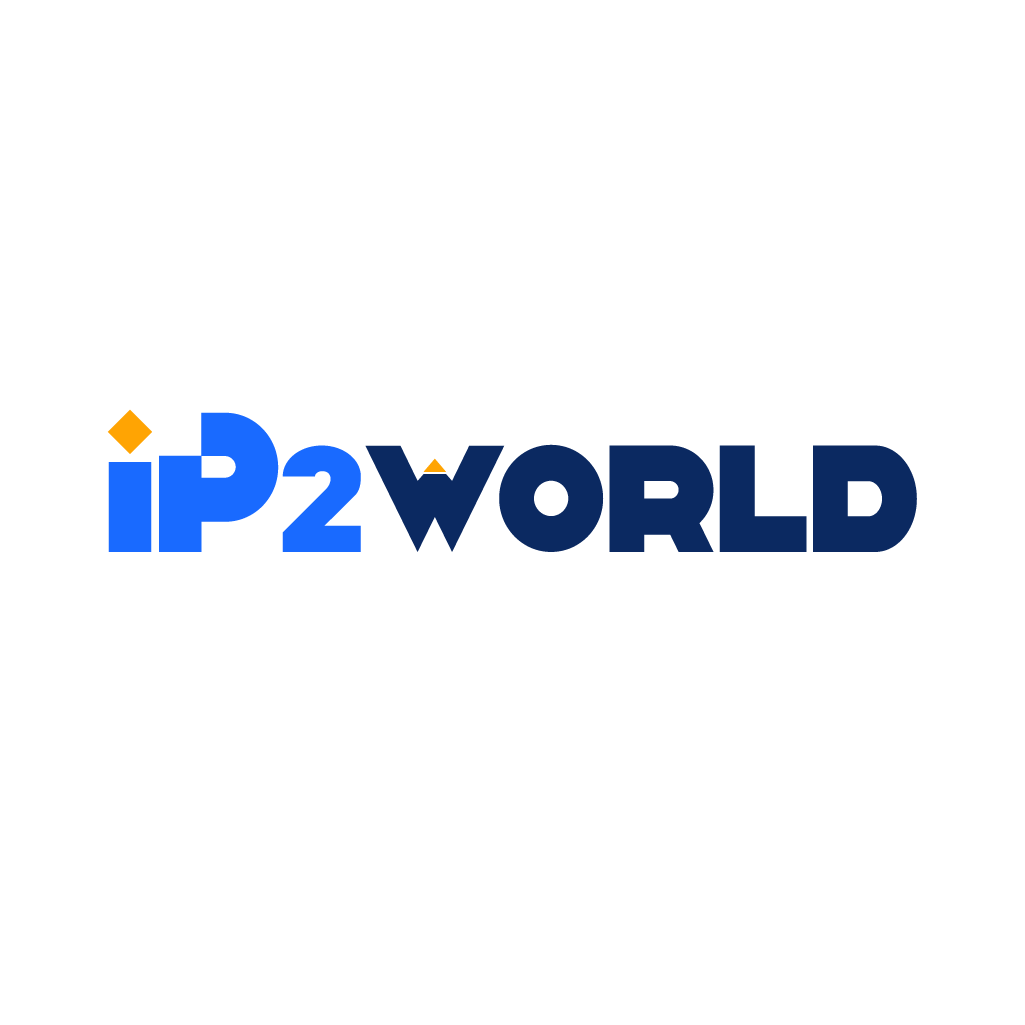IntroductionIn today's digital landscape, speed, efficiency, and resource optimization are not just buzzwords; they are crucial requirements for any web service or application. With users demanding near-instantaneous responses, there's no room for lag or latency. One solution that has increasingly become a go-to strategy for improving web performance is the use of caching proxy servers. This comprehensive guide aims to unpack what caching proxy servers are, their advantages, disadvantages, and the types of strategies commonly employed in their use. We will also delve into practical considerations for setting up both external and internal caching proxy servers, as well as discuss some of the open challenges that come with implementing caching solutions. What is Caching Proxy? A caching proxy server functions as a gateway between client computers—like desktops, laptops, or mobile devices—and the web servers hosting the resources they seek. These resources could range from HTML pages to multimedia files like videos, images, or even application data. In essence, the caching proxy server acts like a massive short-term memory storage area, where "popular" or frequently requested data is temporarily stored. When a user sends a request, the caching proxy server first checks whether the requested data is available in its cache. If it is, and the data hasn't expired based on predetermined rules, the server retrieves the data from its cache and sends it to the client, eliminating the need to fetch it from the original web server. This operation significantly reduces the time taken to serve a user's request and allows the server to handle more clients concurrently. Advantages 1. Reduced Network Load By serving data from its cache, a caching proxy server can significantly reduce the number of requests sent to the original server. This becomes especially important during peak usage times when servers can get overwhelmed by a high volume of requests, leading to slower load times and potential outages. Through caching, bandwidth consumption is reduced, which can be a boon for organizations looking to lower their data transmission costs. Case Study: E-commerce during Holiday SeasonsDuring holiday seasons, e-commerce websites often face unprecedented amounts of web traffic. Employing a caching proxy can prevent server overloads and ensure a seamless user experience by distributing the traffic load. 2. Improved SpeedCaching brings data closer to the end-user by storing it at a nearby location, either on a local server or even on the user's device. This minimizes the round-trip time taken for data to travel from the original server to the user, effectively lowering latency and accelerating load times for web pages or applications. Example: Content Delivery Networks (CDNs)CDNs often employ multiple caching proxy servers strategically located worldwide. When a user requests content, the nearest server serves the cached data, ensuring rapid delivery. Disadvantages 1. Storage Requirements The efficacy of a caching proxy server is directly proportional to the storage capacity it has for cache data. As the variety and size of the content grow, so does the storage requirement. While storage solutions have become increasingly affordable, managing them efficiently can still be a complex and costly endeavor. Scenario: Streaming ServicesIn the case of streaming platforms that host large files like movies and series, the storage capacity needs can be immense, requiring a well-planned caching strategy to manage storage efficiently. 2. Data Freshness The other side of the caching coin is data freshness. While the server aims to serve the fastest data, it also has to ensure that the data is current and up-to-date. Serving stale or outdated information can lead to negative user experiences, incorrect decision-making, or even operational issues. It becomes imperative for caching proxy servers to regularly validate their cache data against the original source. Real-world Concern: News WebsitesFor platforms that disseminate breaking news or real-time updates like stock prices, even a slight delay in updating the cache can lead to the distribution of outdated information, thereby affecting the credibility and functionality of the platform. Types of Caching Strategies Least Recently Used (LRU) The Least Recently Used (LRU) strategy is one of the most straightforward cache eviction methods. In this approach, the cache keeps track of what was used when, actively discarding the least recently accessed items first when the cache limit is reached. Advantages:- Simple to Implement: LRU is algorithmically less complex, making it easier to implement.- Good for Temporal Locality: If your application frequently re-uses the same data shortly after accessing it, LRU can be effective. Disadvantages:- Not Always Efficient: LRU doesn’t account for the importance or size of the cached object, which may lead to critical data being evicted. Real-World Example: Browser CacheWeb browsers often utilize LRU for their caching strategy. If you visit a particular site often, the assets (images, scripts, etc.) are more likely to stay in the cache for quick loading. Time-To-Live (TTL) Time-To-Live (TTL) assigns each cached object a specific expiration time. When a cached object reaches its predetermined lifespan, it's either automatically removed from the cache or validated to check if an update is required from the original server. Advantages:- Data Freshness: Ensures that old or stale data doesn't stay in the cache for too long.- Predictable Cache Behavior: The TTL value offers a predictable pattern of cache eviction, making it easier to manage. Disadvantages:- Regular Maintenance: Requires close monitoring to optimally set the TTL value, or you risk caching items too long or too short. Example: DNS CachingIn DNS lookup services, a TTL value is set to specify how long the IP address should be stored in the cache. Cache Purging Cache purging involves manually or automatically removing selective data from the cache. This is particularly useful in cases where specific data is known to become stale or irrelevant over a short period. Advantages:- Highly Selective: Only targets specific data, preserving the rest.- Improves Data Accuracy: Useful for removing outdated information quickly. Disadvantages:- Manual Overhead: If not automated, cache purging can require considerable manual effort. Use Case: Content Management Systems (CMS)In a CMS, when an article is updated or corrected, a cache purge might be initiated to remove the outdated version. Caching Mechanisms Cache Requests Workflow Understanding the workflow of a typical caching proxy server can offer insights into its efficiency and limitations. Below is a detailed step-by-step overview: 1. Receive User RequestThe proxy server starts by accepting a client's request for a specific web object, such as an image, video, or HTML page. 2. Cache LookupThe server swiftly scans its cache database to determine if the requested object is already stored. This is a crucial step as it dictates the speed at which the request can be fulfilled. 3. Freshness CheckIf the object is found in the cache, the server must validate its freshness. This usually involves checking metadata to see if the object is still within its TTL or if the original server has a more updated version. 4. Serving the UserAfter validation, one of two things happen:- Cache Hit: If the object is fresh, the server serves it directly to the client, bypassing the need to contact the original server.- Cache Miss: If the object is stale or not found in the cache, the server fetches a fresh copy from the original server, stores it in the cache, and then serves it to the client. Example: Online Shopping SiteWhen a user browses products, the caching server might have already stored images and descriptions of popular items. A freshness check ensures that any seasonal discounts or out-of-stock labels are updated before the user sees them. By leveraging appropriate caching strategies and mechanisms, organizations can optimize both performance and resource allocation. Understanding the nuances of different methods enables informed decision-making in implementing caching solutions. Using an External Caching Proxy Server When you decide to employ an external caching proxy server, you're essentially offloading some of the work from your main server to another server designed specifically for caching purposes. This is beneficial for larger organizations or for services that require high availability and speed. Here's a more in-depth look into setting it up: 1. Configure the Caching Proxy Server Settings: This is the foundational step where you set the basic configurations like port numbers, authentication mechanisms, and logging settings. Depending on the specific software you're using for your proxy, this step can differ in complexity. 2. Select 'Web Cache Server' in HTTP Proxy Action: This usually involves navigating to the specific HTTP Proxy settings on your management dashboard and selecting the appropriate caching options. This informs the HTTP-proxy how to manage content caching for web resources. 3. Enable External Caching: After selecting 'Web Cache Server,' you'll often find an option for enabling external caching. Check this box to ensure that the HTTP proxy will use the external server for caching rather than any internal resources. 4. Specify the IP Address and Port: Lastly, you'll need to provide the IP address and the port number where your external caching proxy server is running. This ensures that the HTTP-proxy knows precisely where to send web traffic for caching. Using an Internal Caching Proxy Server The setup for an internal caching proxy server is quite similar to that of an external one. However, internal caching is usually employed for smaller setups or in scenarios where you have more control over the network. 1. Use Similar Settings as External Server: Essentially, you will follow similar steps as for setting up an external caching proxy, with tweaks tailored to your internal network configuration. 2. Allow All Desired Traffic: Make sure to specify which traffic should be routed through the internal caching proxy. This can often be defined based on IP addresses, user groups, or other categories depending on your organization's needs. 3. Implement HTTP Packet Filter Policy: Finally, you will need to add a packet filter policy to your setup. This should allow traffic to flow seamlessly from the internal caching proxy server to the wider Internet. This is essential for fetching new content and updating the cache. Open Challenges While implementing a caching proxy server—be it internal or external—can offer numerous benefits, it's not without its challenges. 1. Effectiveness of Hierarchical Caching Structures: As organizations grow, the complexity of their caching needs grows as well. Hierarchical caching involves multiple layers of caching servers, but the effectiveness of this structure can be hard to quantify and manage. 2. Strategies for Cache Coherency and Consistency: Managing cache effectively means ensuring that the data is both coherent and consistent. Cache coherency refers to all users seeing the same data, which is particularly challenging in distributed systems. Cache consistency, on the other hand, relates to ensuring that the cache is updated promptly when the source data changes, to avoid serving stale or outdated content. By understanding these steps and challenges, you can implement a caching proxy strategy that significantly improves your web performance while considering future scalability. ConclusionCaching proxy servers serve as an indispensable tool in the modern web infrastructure. They bring tangible improvements in network load, speed, and resource utilization, significantly enhancing the user experience. However, they are not a one-size-fits-all solution. The efficacy of a caching proxy server lies in its proper configuration, the adequacy of its storage capacity, and the appropriateness of the caching strategies employed. As organizations continue to expand, the challenges of implementing a robust caching architecture will require innovative solutions to ensure cache coherency and consistency. Understanding these nuances will not only help you implement an effective caching proxy but also allow for scalable solutions that can adapt as your organization grows. So, whether you're a network administrator, a web developer, or someone who simply wants to understand how to make web services faster and more efficient, knowing how caching proxies work is an invaluable asset.
2023-08-29





